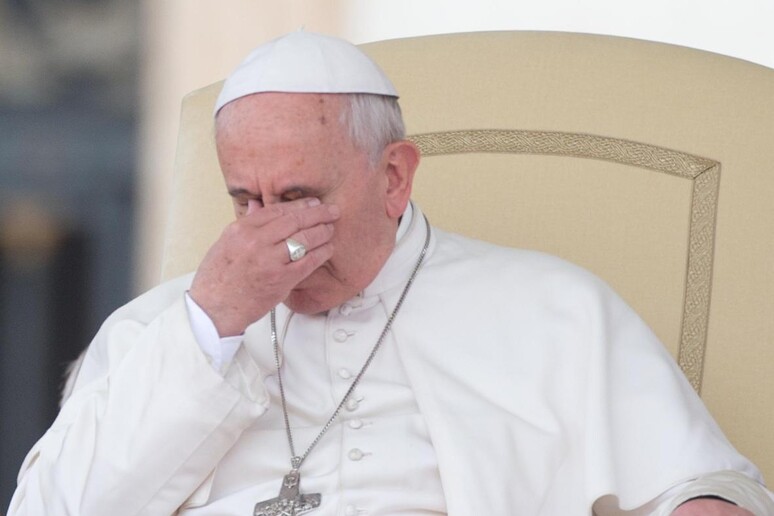(supersedes previous).
Pope Francis' phone call to an Argentinian woman saying she was doing "nothing wrong" in taking Communion after marrying a divorcé was "misunderstood" by the media and does not change Catholic Church doctrine banning sacraments to people who have been divorced by the Church or State, the Vatican said Thursday. "One should avoid inferring things regarding the Church's teaching," Spokesman Federico Lombardi said after a Facebook post by the husband.
Argentine media reported Wednesday that Francis phoned Jacqueline Lisboa, allegedly telling her "there was nothing wrong" with receiving Holy Communion after divorce.
The former archbishop of Buenos Aires, who is known for responding to letters via personal calls, reportedly telephoned Lisboa after receiving her letter which expressed dismay at not being able to receive Communion following her marriage to a divorced man.
In an interview with Argentine radio, Lisboa said she wrote to the pope in September 2013 to ask for advice after a parish priest refused to give her Communion and allow her to confess, and wanted to know "what to do".
According to a Facebook post by Lisboa's husband Julio Sabetta, who had received a divorce from the State but not from the Church, the pope spoke to Lisboa for 10 minutes about the predicament, saying "it is a concern we are addressing in the Vatican because there is nothing wrong with a divorced person receiving Communion".
The pope added, "Go to another church and confess, there is no problem".
Sabetta described the experience as "one of the most beautiful things of my life after the birth of my daughters," adding that Pope Francis referred to himself as "Padre Bergoglio" after his family name, and he apologized for the late response.
Church participation represents a conundrum for divorced Catholics.
In February, Francis stated that "divorced and separated couples should not be shunned from Church activities," raising speculation he may one day lift a Church ban on divorced people receiving Communion.
http://popefrancisnewsapp.com/
ALL RIGHTS RESERVED © Copyright ANSA











